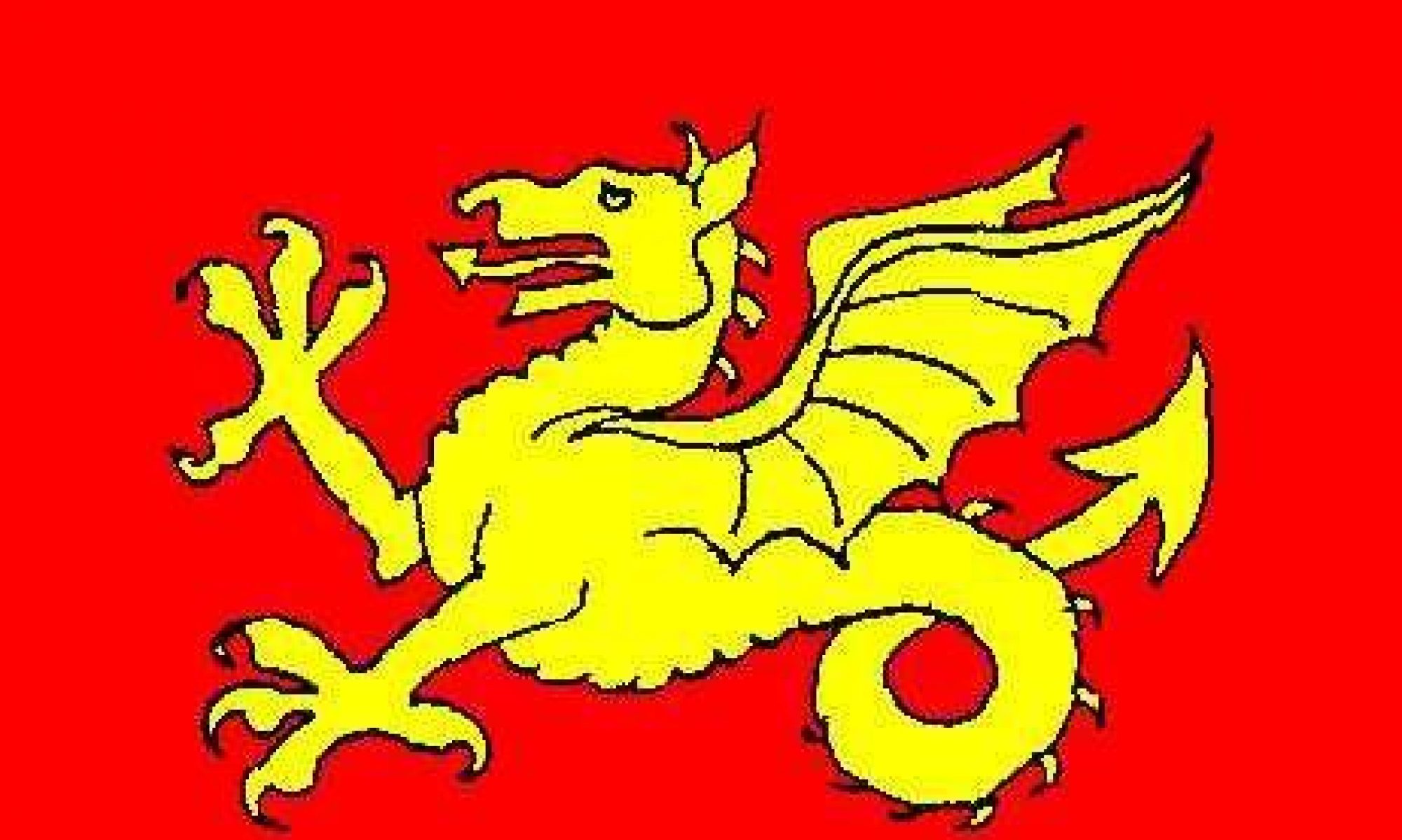After the Swing Riots (which will be the subject of their own article in due course) led to violent reprisals against the perpetrators, conditions for agricultural labourers in Wessex and elsewhere only got worse. Pay continued to decline in real terms, while expenses did not; a situation that many today will recognise. The peasantry needed to find less confrontational ways to press their grievances.
In the village of Tolpuddle in Dorset, workers formed the Friendly Society of Agricultural Workers in order to band together in protest at their starvation wages. An oath was administered at the home of Thomas Standfield, in front of a picture of skeleton. Officialy, this was a symbol of mortality, but it also served as a veiled threat to oathbreakers.
In 1834, members of the Society were arrested on a trumped-up charge of administering an unlawful oath, and sentenced to transportation to Tasmania. The burgeoning trade union movement organised nationwide protests, and on 14th March 1836, the martyrs were granted full pardons.
This was the first major victory for the unions, and led to great advances in workers’ rights that have repercussions to this day. You could say that weekends, paid sick leave and the minimum wage all have their origins in Wessex.

